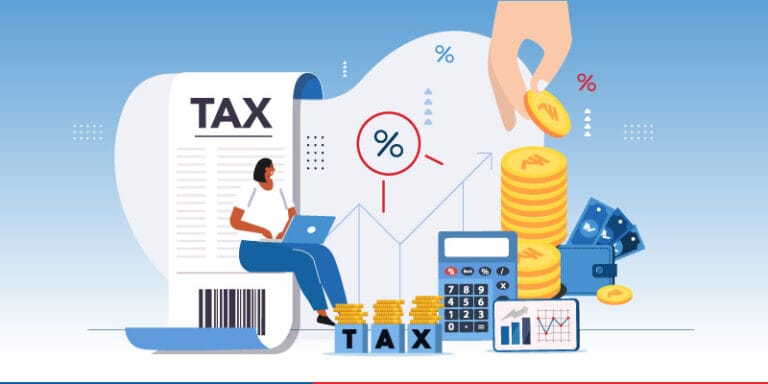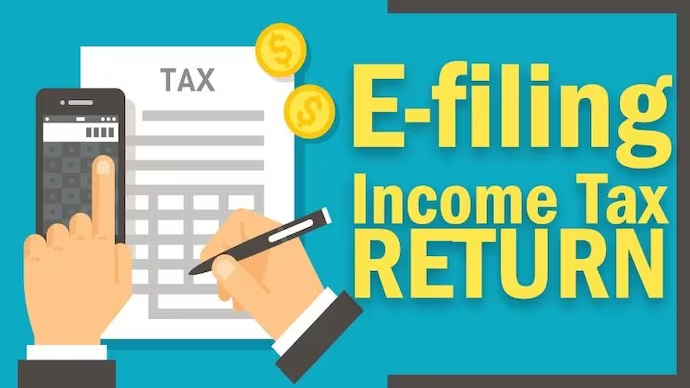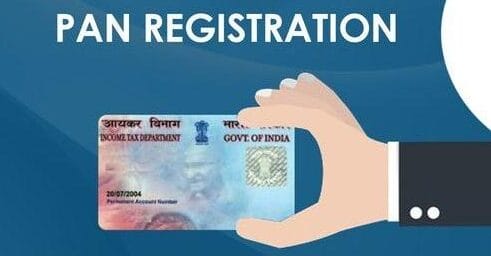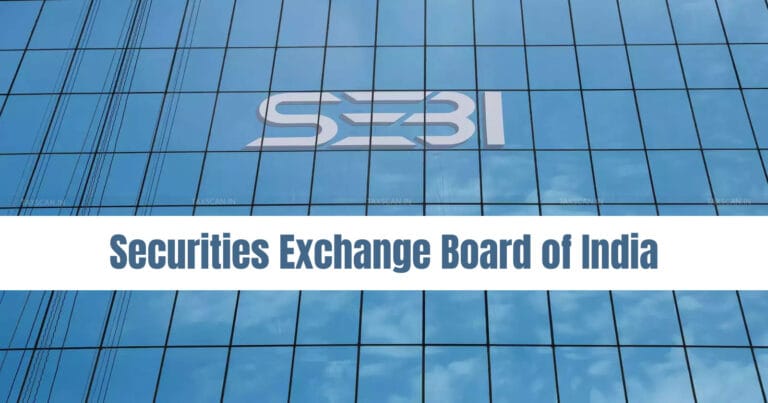A Chartered Accountant (CA) in India issues Form 15CB, a certificate required for certain foreign remittances. This certification ensures that the remittance complies with Indian tax laws and helps in the determination of applicable tax rates and deductions at source. Here’s a detailed guide on Form 15CB certification
Purpose of Form 15CB
- Tax Compliance: Ensures the remittance is in compliance with the Income Tax Act, 1961, and relevant Double Taxation Avoidance Agreements (DTAAs).
- Verification: A Chartered Accountant (CA) certifies that the necessary amount of TDS has been deducted on the amount being remitted abroad.
- Documentation: Provides a detailed account of the nature of the remittance and the tax liability involved.
When is Form 15CB Required?
Form 15CB is required when:
- Foreign Remittance Exceeds Rs. 5 Lakhs: For any single transaction exceeding this amount.
- Remittances Not Covered under Specified List: If Rule 37BB of the Income Tax Rules, 1962, does not include the remittance in its specified list.
Process of Obtaining Form 15CB Certification
1. Engage a Chartered Accountant (CA)
- A CA must thoroughly review the details of the remittance, verify compliance with applicable regulations, and issue the Form 15CB certificate to ensure accurate tax reporting and adherence to legal requirements
2. Documentation
- Gather the necessary documents required for certification, which include:
- Invoice or Agreement: Related to the foreign remittance.
- PAN of Remitter: Permanent Account Number of the entity or individual making the remittance.
- Tax Residency Certificate (TRC): From the recipient’s country, if available, to avail DTAA benefits.
- Bank Details: Details of the bank through which the remittance will be made.
- Nature of Remittance: Details explaining the purpose of the remittance (e.g., royalty, technical fees, dividends, interest, etc.).
3. Information Analysis by CA
- The CA will analyze the details provided and determine the applicable tax provisions, including:
- The nature of the remittance.
- Applicable TDS rates under the Income Tax Act and DTAA.
- Whether the remittance is taxable in India.
- Any exemptions or deductions applicable.
4. Preparation and Issuance of Form 15CB
- The CA will prepare Form 15CB, certifying the details of the remittance and the applicable taxes.
- This form will include:
- Details of the remitter and remittee.
- Nature and purpose of the remittance.
- Amount of the remittance.
- Applicable provisions of the Income Tax Act and DTAA.
- Rate and amount of TDS.
5. Submission of Form 15CB
- The CA will digitally sign the form and submit it online through the Income Tax Department’s e-filing portal.
- The form is then available for download and submission to the remitter’s bank.
In conclusion, form 15CB certification is a critical compliance requirement for certain foreign remittances from India. It ensures that the remittance is in accordance with Indian tax laws and helps prevent tax evasion. Engaging a qualified Chartered Accountant to obtain the certification and filing the necessary forms accurately and timely is essential for smooth and compliant foreign remittance transactions.
At Ujjwal Gupta & Co
We, at Ujjwal Gupta & Co, are dedicated to delivering personalized, high-quality solutions tailored to meet your financial and business needs. With our team of professionals and a client-first approach, we ensure that every challenge is met with expert guidance and strategic insight.
We are dedicated to ensuring your business’s success by providing best service practice available in the industry and that too at a cost effective pricing. Our team of experts is excited to work with you and provide the support you need to thrive in the Indian business landscape.
Our only motive is to create Value for Our Clients and accordingly, have a Client Value System at our Office.
So, let us help you navigate the complexities of finance and compliance, empowering you to focus on what matters most — growing your business. Get in touch today, and take the first step towards financial peace of mind.
A Chartered Accountant (CA) issues Form 15CB under Section 195 of the Income Tax Act, 1961, to certify payments made to non-residents. It certifies that the tax deduction at source (TDS) on such payments complies with applicable Indian tax laws and provisions of Double Taxation Avoidance Agreements (DTAA).
A person or business must obtain Form 15CB when making a foreign remittance to a non-resident and deducting tax at source. It is especially necessary when the remittance exceeds ₹5 lakhs in a financial year. It is used to ensure the correct tax rate is applied according to Indian tax laws or relevant tax treaties.
- The remitter submits Form 15CA online to declare payments made to non-residents and specify the tax deducted, if any.
- A Chartered Accountant issues Form 15CB to certify the correctness of the tax deduction and ensure compliance with relevant tax laws before the remittance.
A Chartered Accountant (CA) verifies and certifies the details related to foreign remittance, tax deducted at source, applicable provisions of the Income Tax Act, and Double Taxation Avoidance Agreements (if applicable) before issuing Form 15CB.
No, Form 15CB is not mandatory for all foreign remittances. It is required when:
- The total remittance in a financial year exceeds ₹5 lakh.
- Tax needs to be deducted at source as per Section 195 of the Income Tax Act. For smaller remittances or remittances not subject to TDS, only Form 15CA may be sufficient.
In Form 15CB, the CA must provide the following details:
- Remitter’s details (Name, PAN, Address).
- Remittee’s details (Name, PAN, Country of Residence).
- Amount and nature of remittance.
- Applicable rate of tax deduction as per the Income Tax Act or DTAA.
- Tax liability and any exemptions or reliefs claimed under DTAA.
- Date of remittance and the mode of transfer.
The Chartered Accountant files Form 15CB electronically through the Income Tax Department’s e-filing portal. The remitter first needs to authorize the CA to access their e-filing account, after which the CA can upload and certify the form on their behalf.
The issuer must issue and upload Form 15CB before filing Form 15CA. In Part C of Form 15CA, the details provided in Form 15CB are linked and referenced. Only after the CA certifies Form 15CB can the remitter submit Form 15CA for the remittance.
Failure to file Form 15CB (where applicable) can result in:
- Penalties for non-compliance under the Income Tax Act.
- If TDS is not correctly deducted or certified, the remitter may be held responsible for any unpaid taxes, along with interest and penalties.
- Inaccurate filing may lead to scrutiny from the Income Tax Department.
Common remittances where Form 15CB is required include:
- Payment for technical services or professional fees to non-residents.
- Royalty payments.
- Interest payments on loans from non-residents.
- Dividend payments to non-resident shareholders.
- Reimbursement of expenses incurred by non-residents.
- Payments for software purchases or licensing fees from abroad.
Why Choose UGC?

Client Centric Approach
Client is the key driver of our service offerings. Our approach to service offerings is based on a client centric and customized approach. Our specialized teams are a mix of technical and industry experience in order to serve clientele for their specific needs.

Team Work
We have built high performing teams supported by strong work ethic. Our team is a mix of experts, professionals and support staff from technical and varied academic, social and ethnic backgrounds. We believe diversification plays a vital role in motivating the team.

Quick Turnaround
We always endeavour for a quick turnaround time to serve our clientele. We are supported by an experienced and client focussed support teams to offer timely services to our clientele. In case of any business exigencies and time sensitive service requirements, you can always count on us.

Open Communications
We believe that open communication is the core principle in order to demonstrate trust, build long lasting and valuable relationships with clientele. We are committed to ensuring transparency in communication, service offerings and delivery. Our only motive is to provide professional services to our clients.

Client Value System
We value for the Client time and thus, we offer services that are value for money. Quality professional services are provided to our clients, so that they are able to achieve their desired results. We are a quality trademark in the industry and thus, our clients count on us always.

Quality in Delivering Work
Our service offerings are driven by quality and reviews at every level. We strive to provide a qualitative and value-added delivery to our clientele. At all times, we endeavour to provide exceptional client service by meeting client expectations and driving client satisfaction.





















